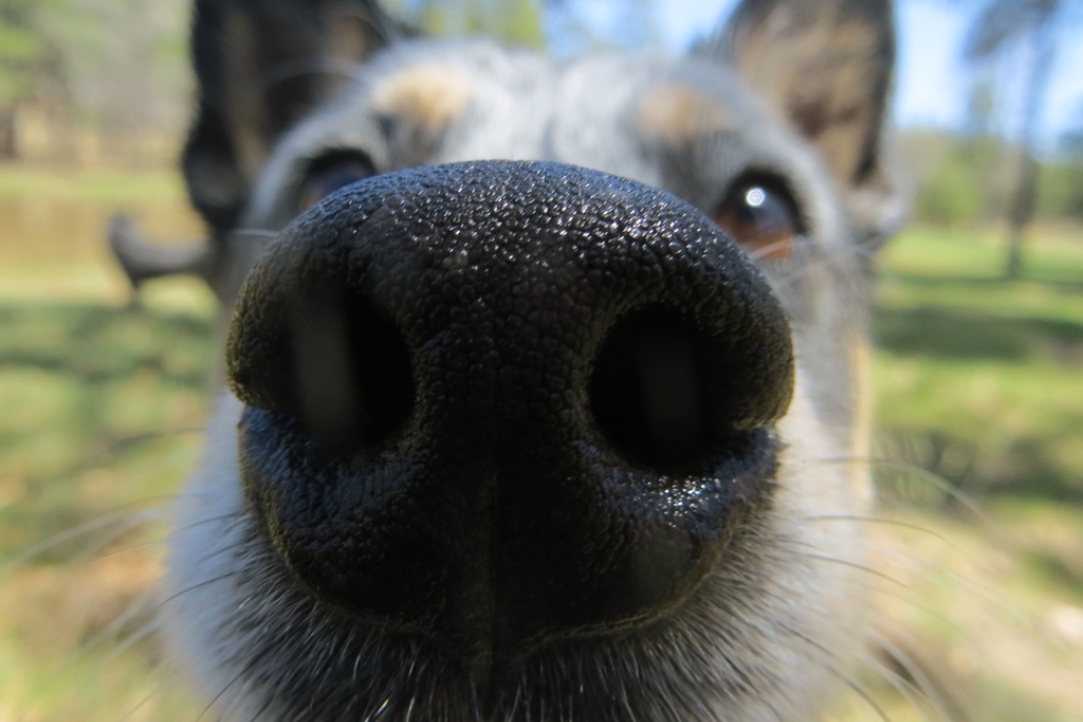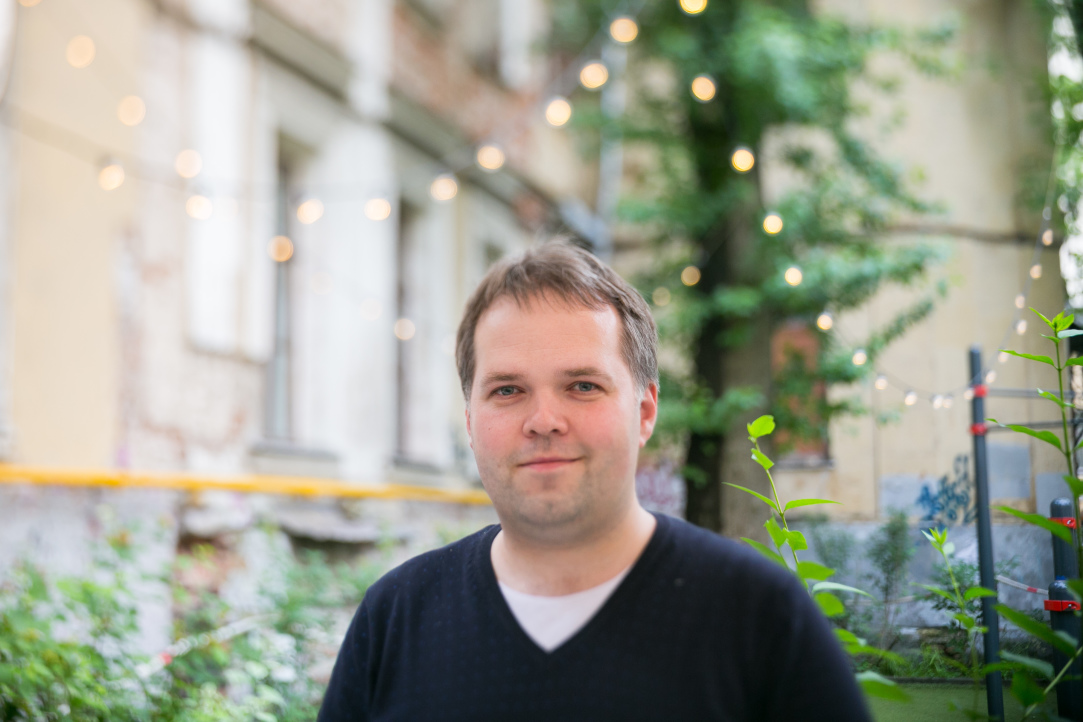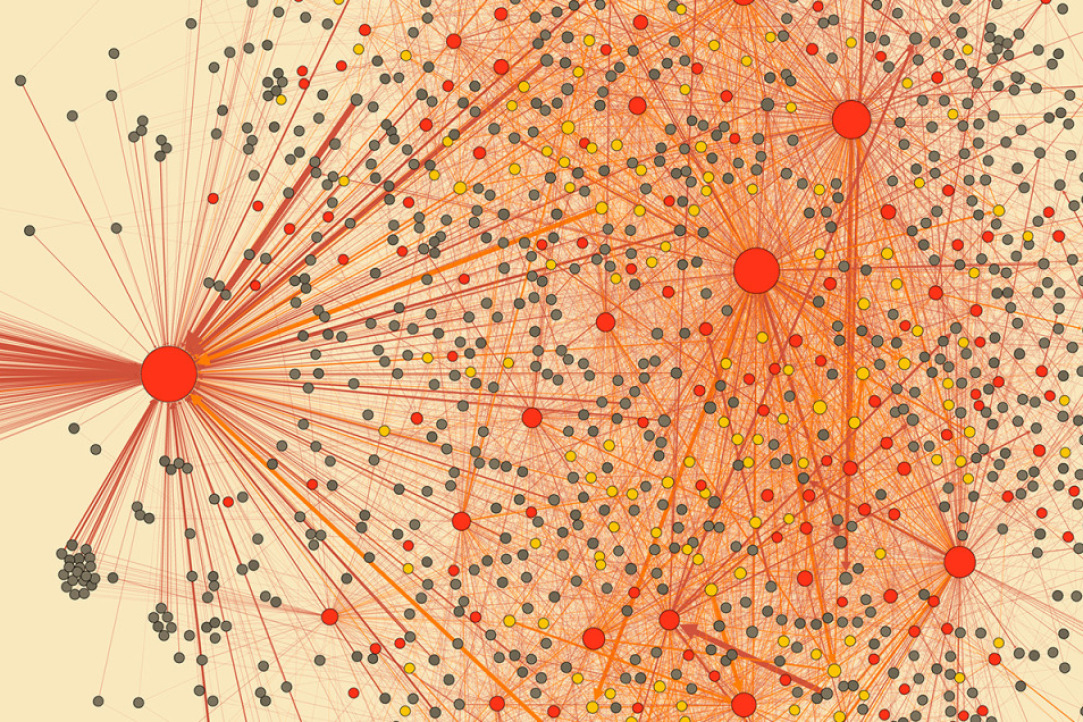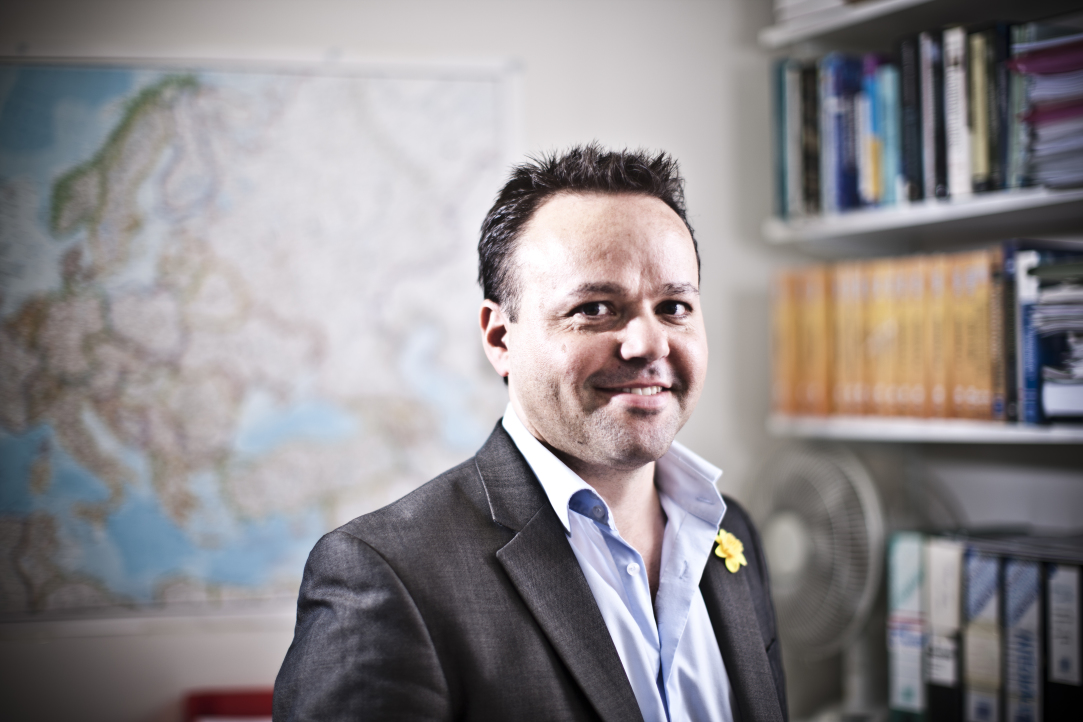
How Women Perpetuate Gender Stereotypes
In a conservative society, women as well as men tend to hold sexist attitudes towards other women, treating them with disrespect and criticising them either for being too feminine and sexual or for taking on traditionally 'male' roles. This type of gender bias assumes a limited range of 'female' roles in society. Misogyny and distrust of women's abilities can generate a fear of femininity, according to Olga Savinskaya and Elizaveta Zakharova's paper Using Mixed Methods to Study Internalised Misogyny among Millennial Women.
-%D0%BC%D1%83%D0%B6%D1%87%D0%B8%D0%BD%D0%B0%20%D0%BC%D0%BE%D0%B5%D1%82%20%D0%BF%D0%BE%D0%B4%20%D0%BA%D1%80%D0%BE%D0%B2%D0%B0%D1%82%D1%8C%D1%8E.jpg)
Who is the Head of the Household?
In Russia, self-estimates of time spent doing housework stand at five hours a day for women and slightly more than three hours a day for men.Men's involvement in household chores is relatively low, but Russian society finds this fair, according to Svetlana Biryukova, Alla Makarentseva and Ekaterina Tretyakova's study 'Perceptions of Time Spent on Housework among Men and Women'.

HSE Researchers Use Neural Networks for Odour Recognition
Researchers from the HSE Laboratory of Space Research, Technologies, Systems and Processes have applied fast-learning artificial intelligence to odour recognition andpatented a handy electronic-nose device capable of recognising the olfactory patterns of a wide range of chemicals. In addition to discriminating between different gas mixtures, the electronic nose will be able to capture and memorise new smells. According to HSE scientists, the product of their research is likely to benefit both security services and members of the public.
‘Mirror Symmetry Was Discovered by Physicists, But Very Quickly Got the Attention of Mathematicians…’
The HSE International Laboratory for Mirror Symmetry and Automorphic Forms, which is among several international laboratories to recently open within the Higher School of Economics, was created in December 2016 as part of the Russian government’s mega-grants program. Below, the lab’s academic supervisor, Ludmil Katzarkov, along with deputy heads Valery Gritsenko and Viktor Przyjalkowski, explain why the laboratory is fully capable of becoming a unique multidisciplinary unit dedicated to the study of mirror symmetry, automorphic forms, and number theory.
.jpg)
Researchers Uncover How to Boost Learning Efficiency in Neurofeedback Paradigm
Researchers from the HSE Centre for Cognition & Decision Making and the Control of Complex Systems Laboratory (Russian Academy of Sciences) have conducted a series of experiments to uncover what a person actually controls when they are tasked with independently affecting the activity of their own brain. This discovery may help develop non-pharmacological methods for treating epilepsy, attention-deficit/hyperactivity disorder, and depression.

HSE Researchers Receive a Grant to Search for New Physics
A team of researchers from the HSE Laboratory of Methods for Big Data Analysis (LAMBDA) has won a contest held by the Presidential Research Funding Programme. Researchers with the laboratory are developing a system of algorithms that will help physicists look for new particles in the Large Hadron Collider.

Social Scientists Reveal Structure of AIDS Denialist Online Communities
HSE researchers examined the structure of online communities of Russian AIDS denialists – people who deny the reality of HIV and AIDS – and the manner in which they spread their ideas. The findings are published in American Behavioral Scientist.

Centre for Health Economics, Management and Policy Marks Two Years
Centre for Health Economics, Management and Policy - or CHEMP, as it is known - was launched two years ago. Today CHEMP offers a unique opportunity to unite and internationalize the emerging body of education and research in the field of health studies. CHEMP’s Director Professor Christopher Gerry, Chair of Internationalisation Steering Group and Academic Adviser to Faculty of Social Sciences and Humanities at HSE St. Petersburg, provides an update on the Centre’s activities and achievements.
HSE Hosts Fifth International Summer School on Higher Education Research
In mid-June 2017, the town of Pushkin near St. Petersburg, Russia welcomed the Fifth International Summer School on Higher Education Research, a joint initiative between the HSE Institute of Education and Peking University’s China Institute for Educational Finance Research. This year, the Summer School focused on higher education and social inequality.

Decision-making Rules Least Susceptible to Manipulation, According to Science
HSE researchers have used computer modelling to demonstrate the varying manipulability of decision-making procedures and to identify those least susceptible to manipulation. Their findings are published in the paper 'Manipulability of Majority Relation-based Collective Decision Rules'.

